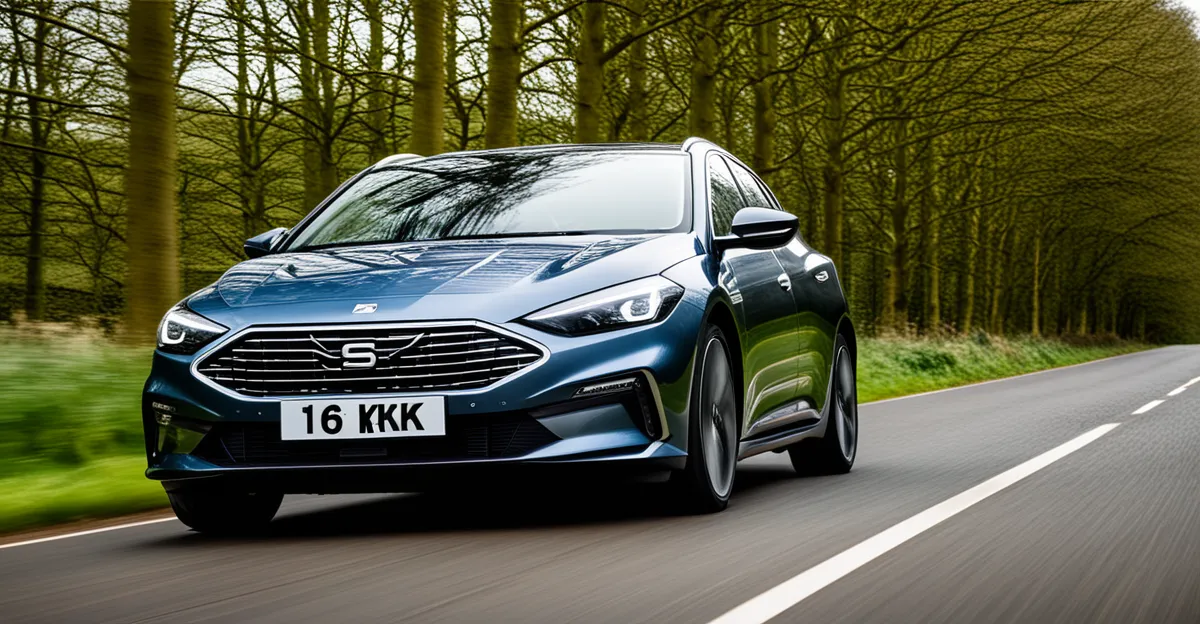Integration of Renewable Energy in UK Automotive Manufacturing
Understanding how UK automakers integrate renewable energy into their manufacturing processes reveals significant shifts toward sustainable production. Many facilities are adopting solar and wind power to directly supply electricity for factory operations, reducing reliance on fossil fuels. These renewable sources can power assembly lines, office buildings, and ancillary equipment, lowering overall carbon footprints.
Beyond simply sourcing green energy, manufacturers implement comprehensive green energy strategies that encompass not only electricity but also heating and cooling systems. For example, integration often includes combined heat and power (CHP) systems powered by renewable fuels or advanced energy management software to optimize consumption.
In the same genre : How Can the UK’s Automotive Industry Innovate to Meet Future Challenges?
The transition requires adjusting existing infrastructure to support renewable energy integration effectively. This might involve installing solar arrays on expansive factory roofs or partnering with local wind farms. Such changes foster resilience, energy cost savings, and environmental responsibility across the production chain.
This evolution doesn’t happen overnight but involves continuous innovation to balance operational demands with sustainability goals. With these steps, UK auto manufacturing increasingly aligns with global climate commitments while maintaining competitive efficiency in their manufacturing processes.
Also read : What Are the Most Significant Technological Advancements Shaping the UK Automotive Industry?
Leading UK Automakers and Their Renewable Initiatives
UK automakers like Jaguar Land Rover, Nissan, and BMW Mini demonstrate leadership in renewable energy integration through targeted sustainability strategies. Jaguar Land Rover has invested heavily in on-site solar power installations and wind energy to supply its manufacturing processes. These efforts reduce operational carbon footprints and align with broader goals for low-emission vehicle production.
Nissan’s approach includes integrating renewable energy sources across multiple factory sites in the UK. By implementing smart energy management and partnering with renewable energy providers, Nissan optimizes electricity consumption while maintaining manufacturing efficiency. This commitment supports the company’s wider green energy strategies aimed at reducing environmental impact consistently throughout its operations.
BMW Mini has advanced renewable initiatives by combining solar power with innovative battery storage systems at its manufacturing plant. These technologies ensure a reliable and sustainable energy supply that powers manufacturing lines and facilities year-round. Together, these UK car manufacturers set examples for effectively embedding renewable energy integration into their production frameworks, showcasing how sustainability and operational excellence can coexist in automotive manufacturing.











